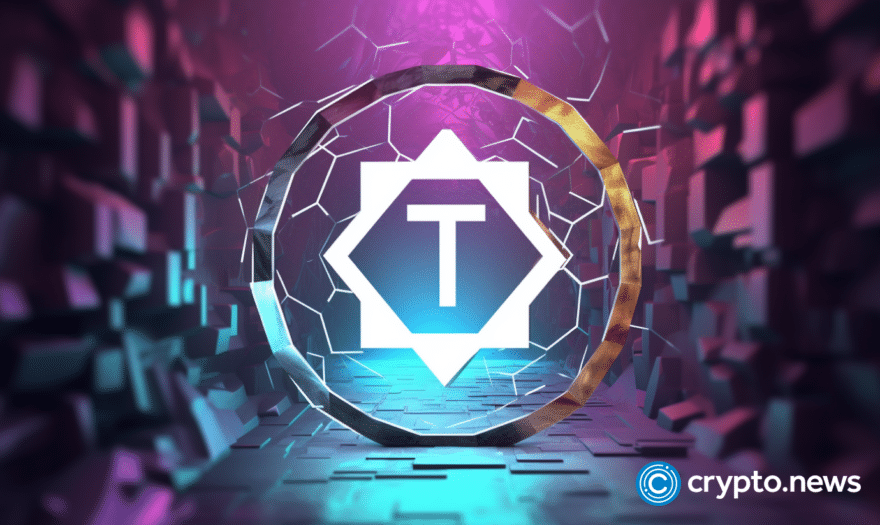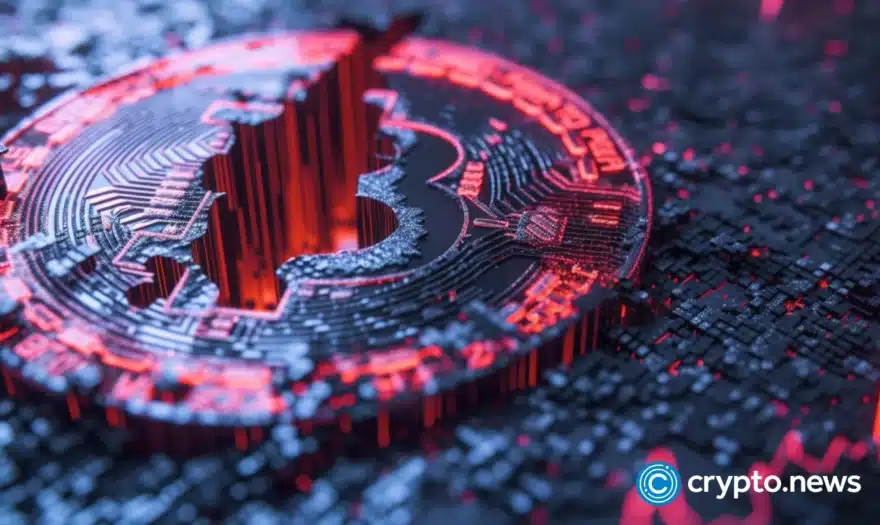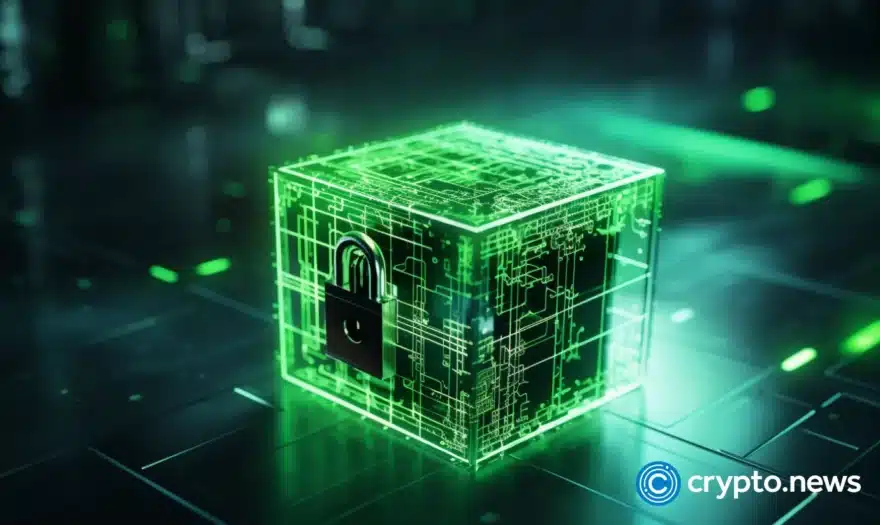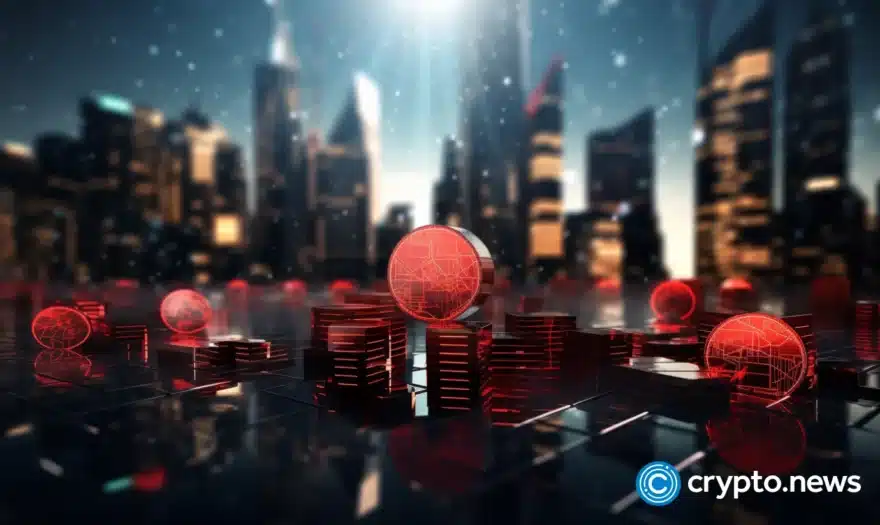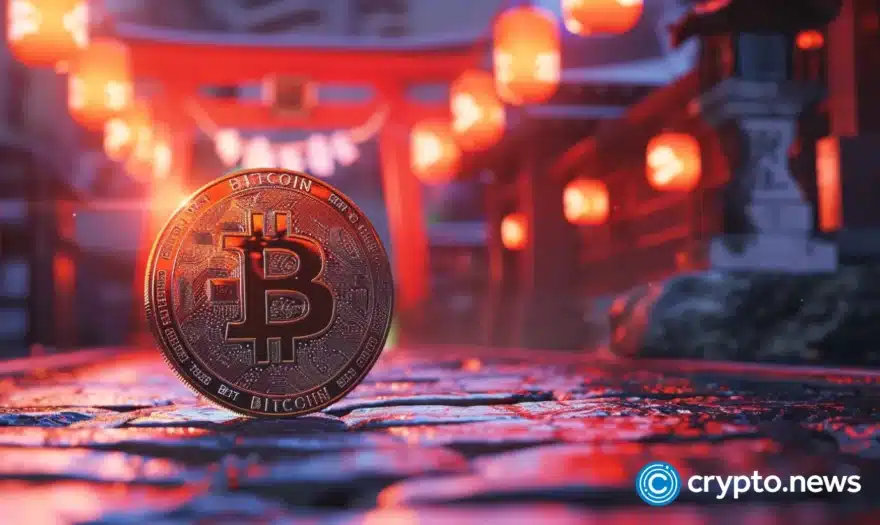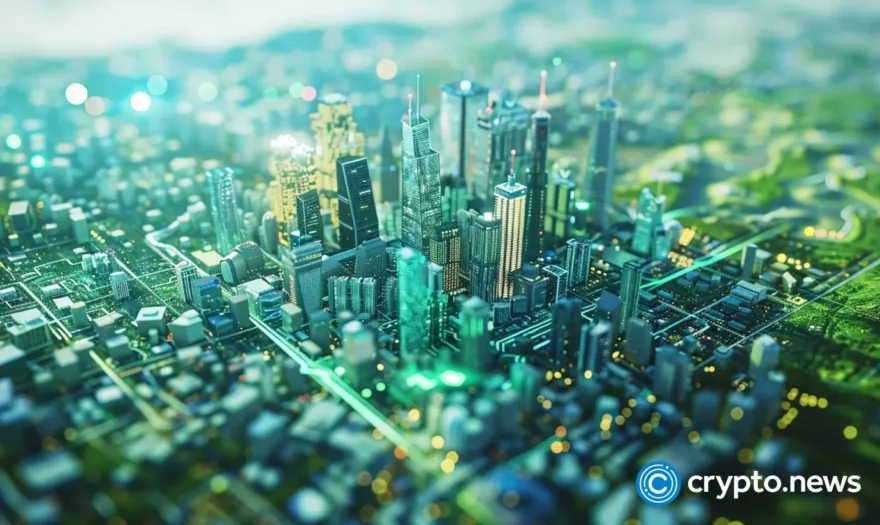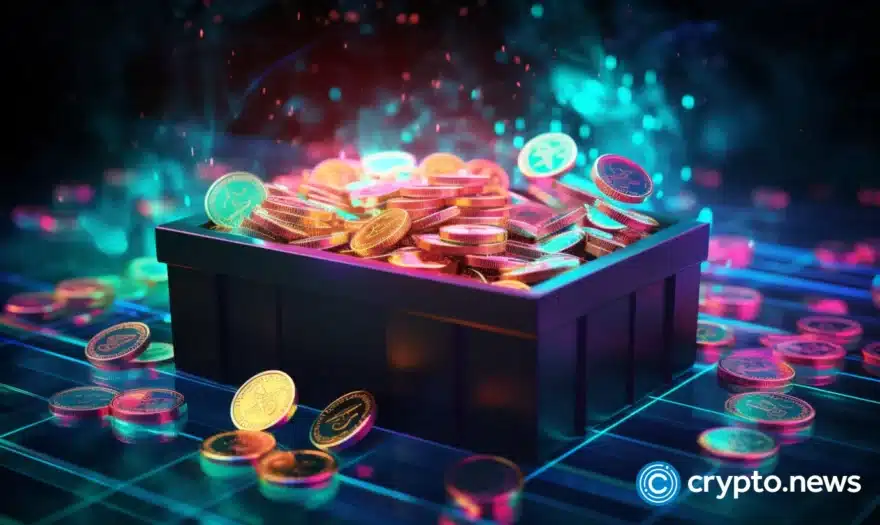Out of all the Industries Blockchain Could Disrupt, Agriculture May not Be the First on Everyone’s Radar
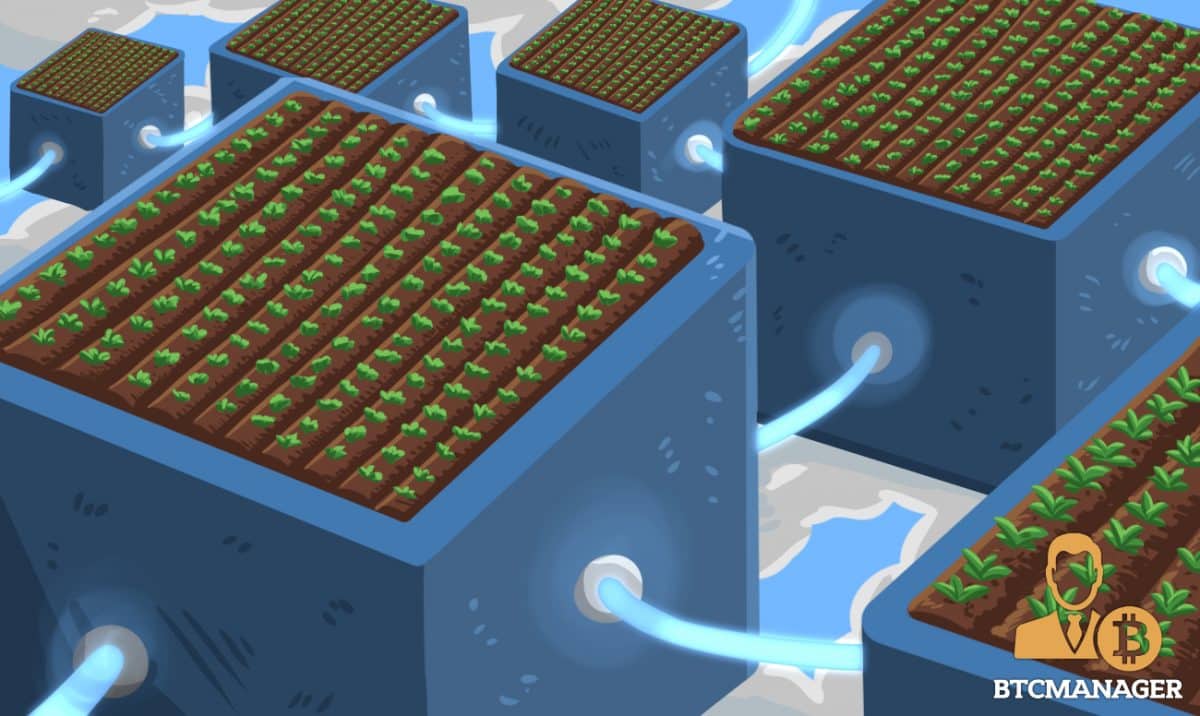
While a lot of people are looking at how they can put Uber or Airbnb on the blockchain, one of the best use cases out right now is supply chain management and transparency. And for the food industry, this is an issue that’s been long overdue in solving. Not only will it provide us with healthier options that may have traveled shorter distances, but we’ll see a price reduction as well. Here’s why.
Current Pain Points
The pricing of food is a complicated issue. When it’s broken down, many factors come into play; federal/local/state subsidies, the cost of transportation and storage, embargos, how many crops were harvested, etc. The list could go on. With so many different points that could potentially affect the price of our food, it’s amazing that it is as cheap as it is. But believe it or not, this cost can be brought down much more.
Perhaps the biggest culprit to our food cost is waste. According to The Atlantic, nearly 50 percent of produce is thrown out in the US. Why is this the case?
Surprisingly, the quality of the food is perfectly fine; however, aesthetic is what The Atlantic suggests is the biggest contributor. Quite simply, we don’t want to eat food that’s ugly or unfamiliar, which grocers understand and market towards. And although this is going to take some education on the consumer end, it will be an area that blockchain can help (more on this later).
With how convoluted and scattered the food industry’s model can be (especially when considering direct suppliers sourced globally), pricing has followed suit. Granted, even in instances where we know a direct correlation (i.e., In tourist destinations, food is more expensive), the model for food cost is in need of drastic improvement. However, that’s where the blockchain comes in.
You Are What You Eat
Although it’s sad to say, most of us don’t know where our food has come from. Sure, we assume that it most likely came from a farm, but where that farm is and how it got to the grocery store is a mystery. And when considering that the food might have sat at the bottom of a shipping container or was driven thousands of miles, it suddenly might not sound as appetizing.
The blockchain provides a proof-of-ownership, or receipt of where the food has gone; this gives transparency to what is being eaten off-the-bat. Additionally, this could potentially solve the problem The Atlantic mentioned above on the aesthetic value of food: Even if something is ugly, it can still be safe to eat (and delicious). Plus, with being able to track the prices and markets of different food items, this could potentially create a more transparent market, which—as noted by The Conversation—could bring costs down:
“Blockchain technologies could ‘Uberize’ the agrifood sector by eliminating middlemen and lowering transaction fees. This can lead to fairer pricing and even help smaller outfits desperate to get more market attention.”
Changing the face of supply
How would this look? Well, a company named Fr8 Network is already on it. Its founder, Jon Fox, worked in the food industry, so he is well aware of how important the supply chain is. Without timely deliveries, his business could take major hits.
Trucking is so inefficient, in fact, that trucks drive almost 30 billion miles every year partially loaded or outright empty. There are so many trucks on the road at any given time that they’re difficult to keep track of; brokers who manage pieces of the system are encouraged to book as many shipments as they can (thanks to the fees they get), which results in a great deal of wasted time, money, and gas.
So Jon took the Uber approach: Fr8 Network created Fr8 Board, which according to their white paper is “a decentralized marketplace for carriers and shippers to coordinate freight transactions through customizable smart contracts. Open to all carriers, suppliers, and brokers, Fr8 Board gives users full visibility into available capacity and pricing data. Smart matching and curation technology presents users with the best options to optimize capacity.”
It’s a platform that allows drivers to search for jobs and then search for new jobs once they have dropped off a load that requires them to go home (or in whichever direction they please). Likewise, people needing to ship products can hire reliable drivers and always trace where their goods are currently located. This way, trucks are never empty, products are delivered punctually, and all involved parties are incentivized to be as reliable as possible thanks to Fr8 Ratings and blockchain’s transparency.
How This Will Impact The Future
While Fr8 Network is paving the way to revolutionizing the supply industry via blockchain, there are still several impediments that may prevent the technology from changing other aspects of the agricultural world.
First, the Farm Bill is only passed every few years and favors big corporations over small, independent farmers, which already adds “food miles” to a lot of our plates. Second, there’s going to be pushback from producers, as many don’t want us to know what’s in our food. And finally, gaining adoption from major grocery stores or restaurant distributors won’t be an easy task, especially if they’re locked into long-term contracts. However, this is still our food, which means people might push more for it than we might imagine.
Although we’re a few years off from blockchain in agriculture to pick up steam, this is definitely a topic to keep an eye on. Not only will it provide us with better food, but some that we know where it came from and why it’s priced the way it is. Then again, isn’t that the way food buying should be?
Disclaimer: This is paid content. BTCManager does not endorse any content or product on this page. While we aim at providing you all important information that we could obtain, readers should do their own research before taking any actions related to the company and carry full responsibility for their decisions, nor this article can be considered as investment advice. BTCManager and its employes are not responsible, directly or indirectly, for any damage or loss caused or alleged to be caused by or in connection with the use of or reliance on any content, goods or services mentioned in the press release.




